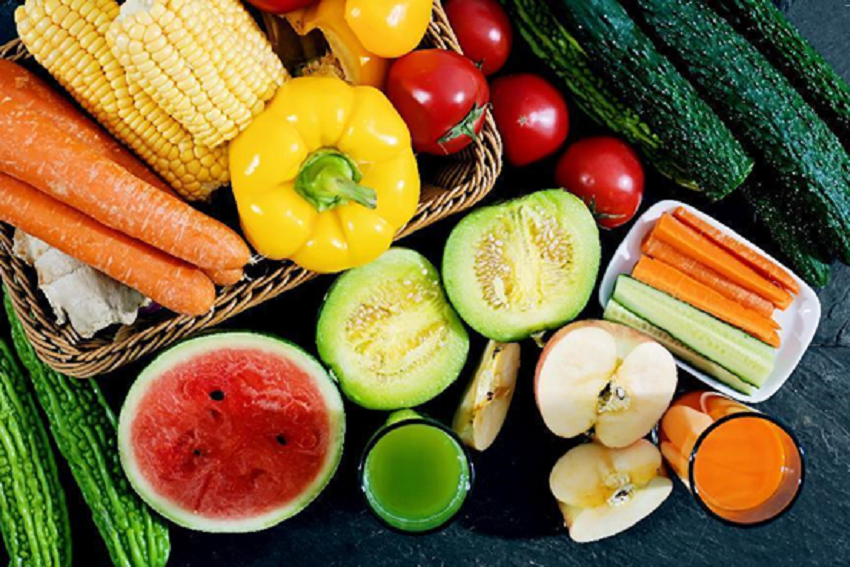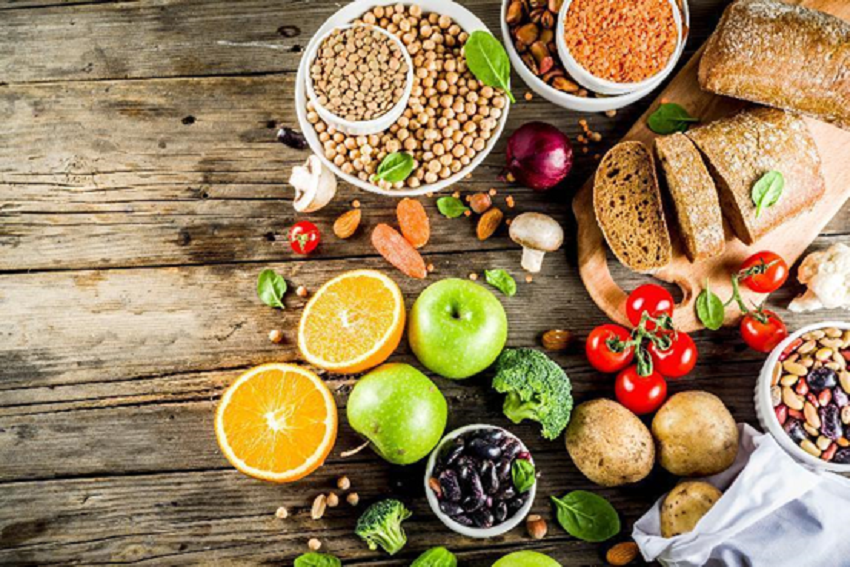Hello! I'm delighted to provide you with exclusive one-on-one consultation.
How can I assist you?
What is the process and cost of egg freezing?


In IVF USA's rich experience, we have met many unique and interesting expectant mothers. Before undergoing IVF-PGT, they may have been adept at overcoming various challenges in life. However, once the procedure is completed, some expectant mothers find themselves at a loss even when it comes to basic activities like walking or sitting. The plethora of advice from family and friends further confounds them, considering the preciousness of this pregnancy journey.
So, what dietary taboos should we pay attention to before and after IVF-PGT? IVF USA provides you with a detailed explanation.
Avoiding Allergic Foods:
Firstly, it is crucial to steer clear of foods that commonly trigger allergies to prevent unnecessary troubles during pregnancy. Secondly, foods that are prone to causing allergies should also be avoided as much as possible, as the body of the expectant mother becomes more delicate after the embryo is implanted through IVF-PGT, and hormone fluctuations increase the likelihood of allergies.
Forbidden foods include: foods that expectant mothers are allergic to, allergic seafood, and fruits, among others.
Avoiding Heaty/Inflammatory Foods:
After the embryo is implanted through IVF-PGT, doctors typically prescribe progesterone to expectant mothers to increase the success rate of implantation. This can cause a sensation of heat in the body, similar to the rise in body temperature after ovulation. There is a saying that "excessive heat in the womb leads to miscarriage," so it is necessary to avoid heaty/inflammatory foods before and after IVF-PGT. Foods that tend to cause excessive heat should be minimized.
Foods that may cause heatiness/inflammatory include fried foods, barbecue, and meat, among others.
Avoiding Cold Foods:
During pregnancy, hormonal changes weaken the digestion of expectant mothers, making them susceptible to gastrointestinal discomfort. Cold foods may harbor parasites and bacteria, especially dangerous for pregnant women with weakened immune systems. Moreover, cold foods may also cause "cold womb," hindering embryo implantation.
Avoid consuming raw fish slices, raw salads, cold drinks, shrimp, crab, and other cold foods.
Moderate Intake of Protein:
The process of ovarian stimulation and egg retrieval may cause ovarian hyperstimulation syndrome, leading to discomfort such as bloating and abdominal pain. Consuming some high-protein foods in moderation can alleviate these symptoms, but excessive intake should be avoided to prevent excessive heatiness/inflammatory.
Recommended foods include lean meat, eggs, deep-sea fish, and other high-protein foods.
Opting for a Light Diet:
As stated in the "Yellow Emperor's Inner Canon": "Grains nourish, animals supplement, fruits assist, and vegetables fill." Grains are the most nourishing for the five internal organs. Therefore, before and after IVF-PGT, it is advisable to opt for a light diet and avoid excessive consumption of meat and greasy foods.
Recommended foods include rice, noodles, porridge, vegetables, and vitamin E-rich fruits such as oranges, grapes, and apples.

Although completing IVF-PGT may be nerve-wracking, mastering these dietary essentials can help you and your baby stay healthy. Occasionally consuming inappropriate foods should not cause undue worry, but if adverse reactions occur, seek medical attention promptly. Finally, IVF USA wishes you a smooth pregnancy journey! Currently, IVF USA provides services such as egg freezing in the United States, as well as IVF and surrogacy. Our services have expanded to include Japan, Thailand, Mexico, Taiwan, Hong Kong, and other regions, collaborating closely with top IVF doctors worldwide. If you have any questions about overseas IVF, feel free to consult our expert team, as we are committed to serving you wholeheartedly.


Online Customer Service

In-Vitro Fertilization (IVF)

Female Egg Freezing

Fertility Assessment

Scan for Consultation

Back to Top